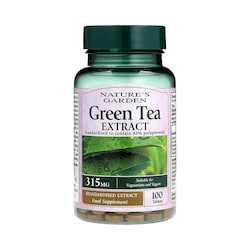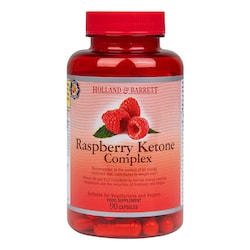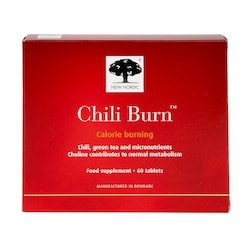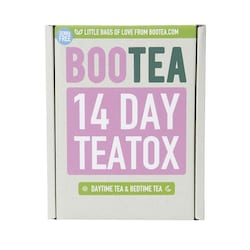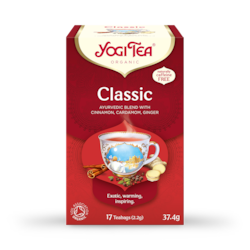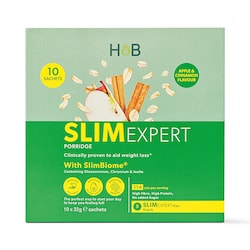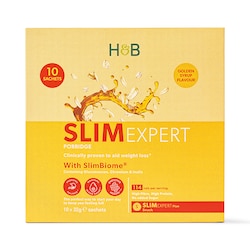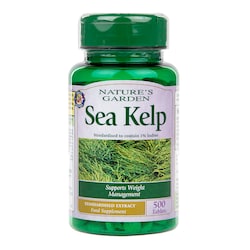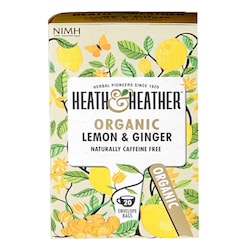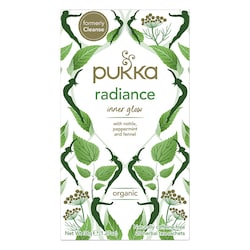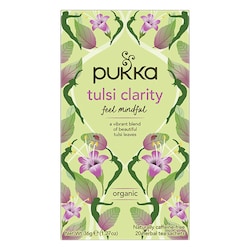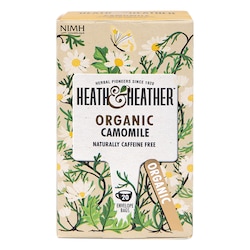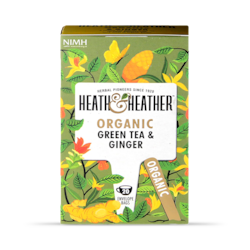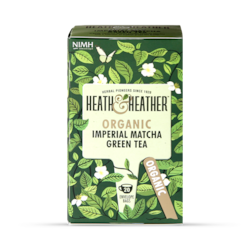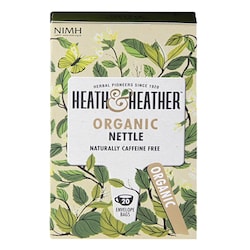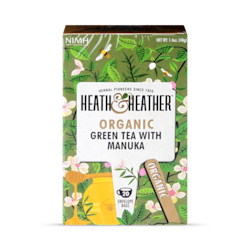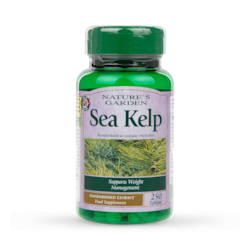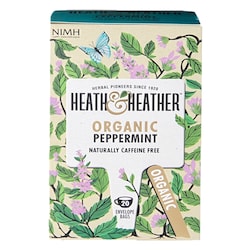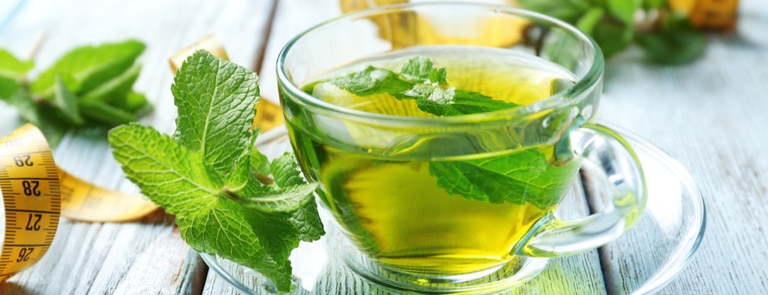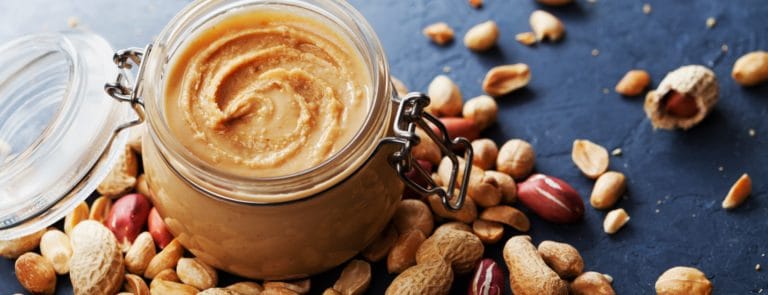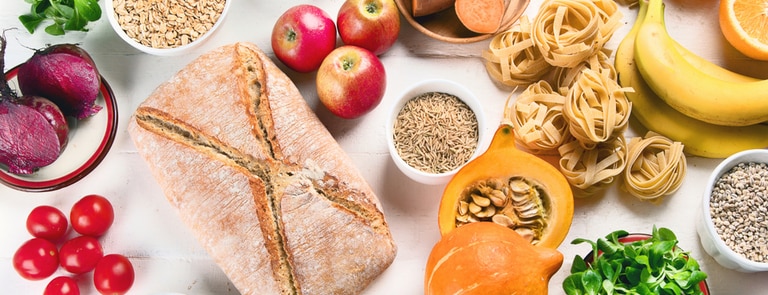15% off £30 OR 20% off £40
Does going vegan make you lose weight?
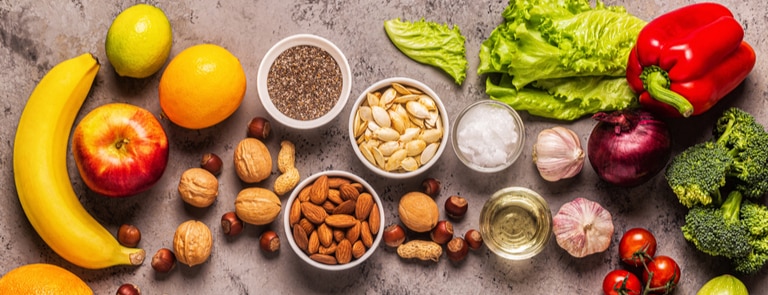
Are you considering following a vegan diet because you want to lose weight, but aren’t sure if it’s going to work or not?
Why does vegan weight loss happen and what are the factors you need to consider if you’re planning on eating a plant-based diet? Keep reading, this article by one of our nutritionists, Isabel, has all the answers…
So, does going vegan make you lose weight?
It won’t necessarily make you lose weight, but the vegan diet can certainly support weight loss (give or take some factors). Research has found that people who follow a vegan diet tend to have a lower Body Mass Index.
Meanwhile, a 2015 study that compared vegan diets with vegetarian and omnivorous diets, showed people who were vegan lost more weight than their meat-eating counterparts.
Further research has also found that people on a vegan diet have a reduced risk of diabetes, high blood pressure, high cholesterol and metabolic syndrome than omnivores.
However, going vegan doesn’t necessarily mean you are guaranteed to lose weight. It’s the quality of your vegan diet that counts, not just the fact you’re vegan.
For instance, a vegan diet can be full of processed junk food, such as vegan sausage rolls, Doritos and vegan ‘chicken’ nuggets. While this food may be vegan, it’s processed and therefore full of sugar, salt and preservatives that do not aid weight loss.
This means switching from an unhealthy omnivore diet to an unequally unhealthy vegan diet isn’t going to help you achieve your weight loss goals.
Instead, the key to a healthy vegan diet is focusing on whole plant foods, such as vegetables, fruits, beans, legumes, wholegrains, nuts and seeds. Following a whole food plant-based diet, means you cut out all the saturated fats, sugars, additives and preservatives that’s found in processed food.
So yes, a vegan diet can help you lose weight, if done in a healthy whole food manner. However, there are some key factors to consider before switching to a vegan diet (more on this below).
Summary
Following a vegan diet can result in you losing weight compared to if you’re following a vegetarian or omnivorous diet. However, it’s more likely to happen if you’re sticking to healthy vegan food.
Why do vegans lose so much weight?
Going vegan is not a quick fix, magical weight loss tool. However, if done correctly, a vegan diet can provide healthy weight loss that is sustainable over time, rather than a quick fad diet.
There are three main reasons why a vegan diet can result in people losing weight – fibre, reduced calorie intake and gut health.
1. Fibre
A plant-based vegan diet that’s full of fruit, vegetables and wholegrains is rich in fibre. Fibre is an essential nutrient, not only for your gut health, but for filling you up. This is because it expands in the stomach, making you feel fuller for longer, so you’re less likely to grab a snack.
This reduction in hunger can, in turn, reduce your calorie intake and therefore support weight loss. To increase your fibre intake eat plenty of fruit, pulses, vegetables and wholegrains, such as chia seeds, flaxseed, sweet potato, beans and lentils.
2. Reduced calorie intake
Compared to meat, saturated fats, eggs and dairy and plant-based foods have a much lower calorie content and a much higher nutrient content. Generally, vegetables, fruits and pulses tend to have a low-calorie content, yet are rich in essential vitamins and minerals that support your health. A 2014 study compared the nutritional quality of vegan vs omnivorous diets and found that vegan diets are higher in high fruit and vegetables and lower in sodium and saturated fat.
Although other factors do play a role, weight loss is largely down to consuming less calories than you burn. This isn’t to say you need to count calories on a vegan diet, as this can lead to an unhealthy relationship with food, but if you are following a plant-based vegan diet full of whole foods, you’ll most likely consume far less calories and significantly greater nutrients compared to a standard omnivore diet.
3. Gut health
Emerging research has revealed the importance of our microbiome and weight management. We have trillions of bacteria living inside our gut, AKA our gut microbiome, which are essential for everything, from immune system functioning to digestive health, brain health and skin health.
However, the latest scientific research has revealed an imbalance in our gut bacteria, with more negative bacteria than positive bacteria, known as microbiome dysbiosis, is associated with a greater risk of weight gain. Therefore looking after your gut bacteria is a great way to support healthy weight management.
A vegan diet that’s rich in a variety of different plant foods and fibre e.g. beans, chickpeas, vegetables and wholegrains will feed the positive bacteria in your gut, allowing it to thrive and promoting a healthy gut microbiome that supports weight management. Studies have shown people who follow a vegan diet have a much healthier balance of friendly gut bacteria compared to omnivores.
4 top tips for vegan diet weight loss
Tip 1: Focus on fibre to feed your friendly gut bacteria.
Tip 2: Eat the rainbow - a diversity of plant fibres and polyphenols promote a diverse health gut microbiome.
Tip 3: Add prebiotics to your diet - prebiotic foods, such as onions, garlic and chickpeas, encourage the growth of positive gut bacteria.
Tip 4: Make sure you eat probiotic food too – i.e. live friendly bacteria that support your gut health. Some examples of probiotics include - sauerkraut, kimchi, kombucha and live yogurt.
Summary
There are three main reasons why a vegan diet can result in people losing weight. You tend to eat more fibre, which can help you feel fuller for longer. Vegan diets are also low in calories and high in nutrients, plus, plant foods can promote good gut health that can have a positive impact on weight management.
How long does it take to lose weight on a vegan diet?
It’s impossible to predict how much weight you will lose in a certain period of time because all of our bodies are different. How much weight you lose and how quickly or slowly you lose it depends on your metabolism, health status, activity levels and emotional health.
When losing weight, it’s important you do it safely. Extreme weight loss that’s achieved during a short space of time is often a sign of an unsustainable and unsafe diet that’s difficult to maintain on a long-term basis. Try not to focus on how quickly you’re losing pounds, but how energised you feel on a vegan diet.
Summary
What are the side effects of eating a vegan diet?
Although you can get most of the nutrients you need from a well-balanced vegan diet, there are certain nutrients that can be difficult to obtain and are worth considering before switching to a vegan diet.
Nutrient deficiency 1: Vitamin B12
Vitamin B12 is found in meat and dairy and, as a result, it’s not uncommon for vegans to be lacking in it. Low levels of this vitamin can cause fatigue, tiredness, weakness and dizziness.
What does it do? This essential nutrient is essential for converting fats and proteins into energy in the body and preventing tiredness and fatigue.
How can vegans bump up their Vitamin B12 levels? By looking for plant milks and cereals fortified with Vitamin B12 and by taking a B12 supplement.
Nutrient deficiency 2: Iodine
Found in dairy and fish, many vegans tend to be iodine deficient.
What does it do? Iodine is a key mineral for thyroid functioning, cognitive performance and weight management.
How can vegans bump up their iodine levels? Seaweed is the one vegan source of iodine, so if you enjoy vegan sushi, this is great! You’ll also find it in plant milks that have been fortified with iodine. You may also want to consider taking an iodine/sea kelp supplement too.
Nutrient deficiency: Omega 3
There are many types of Omega 3, the main ones being EPA/DHA and ALA. EPA and DHA are more superior forms of Omega 3 that are better absorbed and have greater anti-inflammatory effects. EPA and DHA are found in oily fish, such as salmon and mackerel.
What does it do? Omega 3 fatty acids are key for supporting health brain, heart health, immune functioning and reducing inflammation in the body e.g. joints and skin.
How can vegans bump up their Omega 3 levels? Vegan sources of Omega 3 include walnuts, chia seeds and flaxseeds (which contain the ALA form of Omega 3). The only plant-based food that contains EPA and DHA is seaweed/algae, which is great news for sushi lovers! You may want to consider taking an algae oil supplement for a balanced dose of EPA and DHA fatty acids.
Nutrient deficiency 4: Iron
Red meat is one of the main sources of iron, which isn’t found within the vegan diet.
What does it do? Iron is essential for the production of red blood cells and supporting oxygen transportation around the body.
How can vegans bump up their iron levels? By eating iron-rich plant-based foods, such as spinach, lentils, beans and raisins. Some vegans may need to supplement with iron. Always check with your GP first to make sure supplements are safe for you to take.
Summary
While it’s possible to get most of the nutrients you need from a well-balanced vegan diet, certain nutrients, (Vitamin B12, iron, iodine and Omega 3 in particular) are difficult to obtain.
This means you may want to consider taking a supplement.
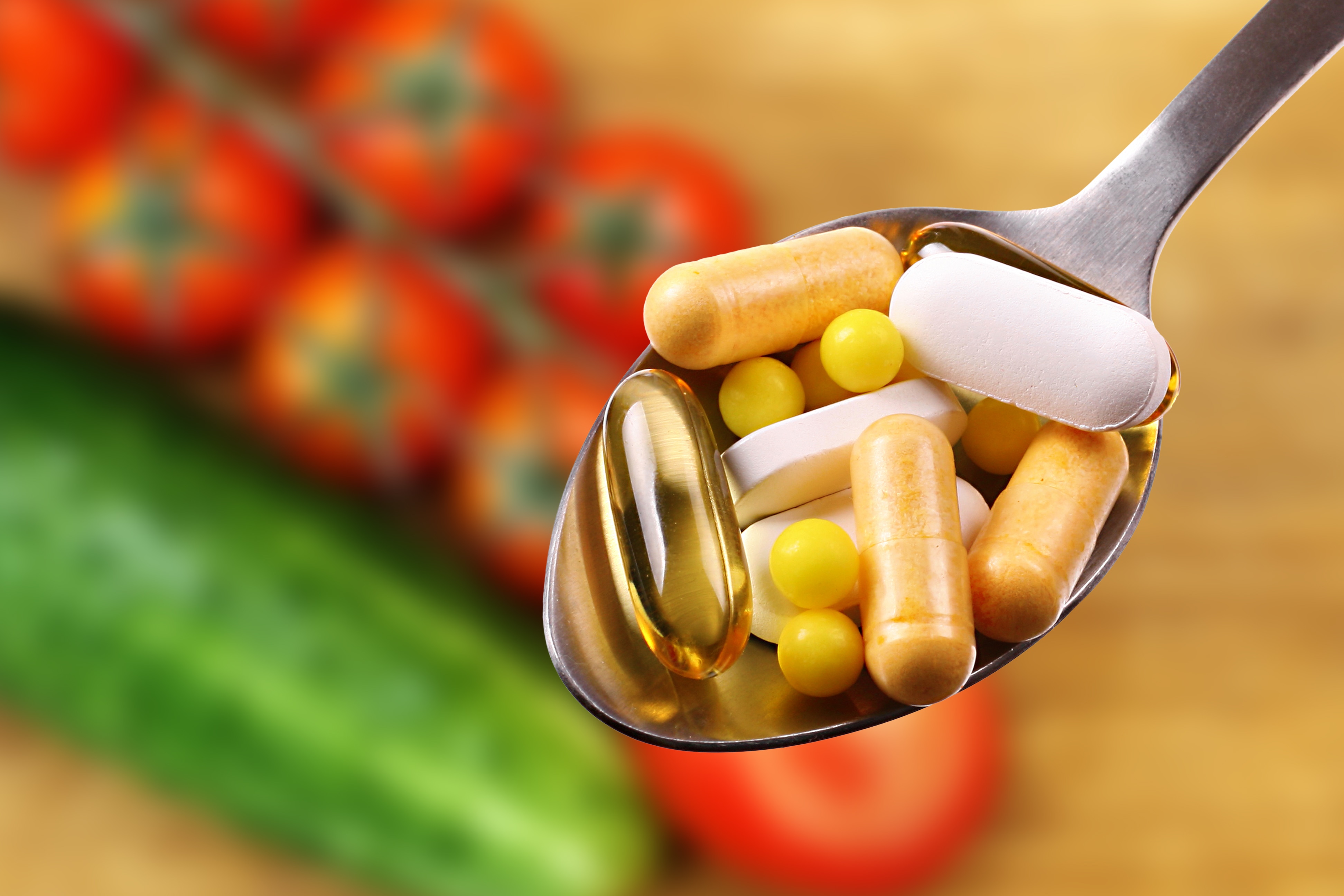

Summary
Last updated: 8 March 2021
Tomova, A., Bukovsky, I., Rembert, E., Yonas, W., Alwarith, J., Barnard, N.D. and Kahleova, H., 2019. The effects of vegetarian and vegan diets on gut microbiota. Frontiers in nutrition, 6, p.47.
Franco-de-Moraes, A.C., de Almeida-Pititto, B., da Rocha Fernandes, G., Gomes, E.P., da Costa Pereira, A. and Ferreira, S.R.G., 2017. Worse inflammatory profile in omnivores than in vegetarians associates with the gut microbiota composition. Diabetology & metabolic syndrome, 9(1), pp.1-8.
Turner-McGrievy, G. and Harris, M., 2014. Key elements of plant-based diets associated with reduced risk of metabolic syndrome. Current diabetes reports, 14(9), p.524.
Turner-McGrievy, G.M., Davidson, C.R., Wingard, E.E., Wilcox, S. and Frongillo, E.A., 2015. Comparative effectiveness of plant-based diets for weight loss: a randomized controlled trial of five different diets. Nutrition, 31(2), pp.350-358.
Clarys, P., Deliens, T., Huybrechts, I., Deriemaeker, P., Vanaelst, B., De Keyzer, W., Hebbelinck, M. and Mullie, P., 2014. Comparison of nutritional quality of the vegan, vegetarian, semi-vegetarian, pesco-vegetarian and omnivorous diet. Nutrients, 6(3), pp.1318-1332.
Christopher D Gardner, Jennifer C Hartle, Rachael D Garrett, Lisa C Offringa, Arlin S Wasserman, Maximizing the intersection of human health and the health of the environment with regard to the amount and type of protein produced and consumed in the United States, Nutrition Reviews
Aoun, A., Darwish, F. and Hamod, N., 2020. The influence of the gut microbiome on obesity in adults and the role of probiotics, prebiotics, and synbiotics for weight loss. Preventive Nutrition and Food Science, 25(2), p.113.
Dulloo, A.G. and Montani, J.P., 2015. Pathways from dieting to weight regain, to obesity and to the metabolic syndrome: an overview. Obesity Reviews, 16, pp.1-6.
Kim, H., Caulfield, L.E., Garcia‐Larsen, V., Steffen, L.M., Coresh, J. and Rebholz, C.M., 2019. Plant‐Based diets are associated with a lower risk of incident cardiovascular disease, cardiovascular disease mortality, and All‐Cause mortality in a general population of Middle‐Aged adults. Journal of the American Heart Association, 8(16), p.e012865.



